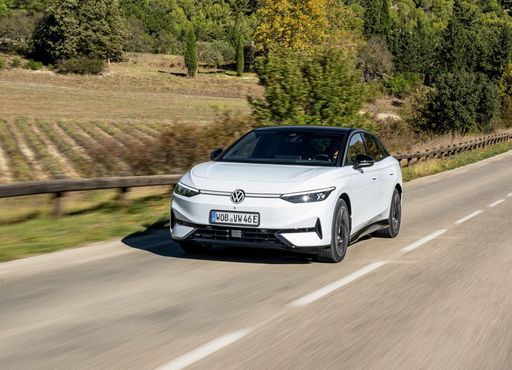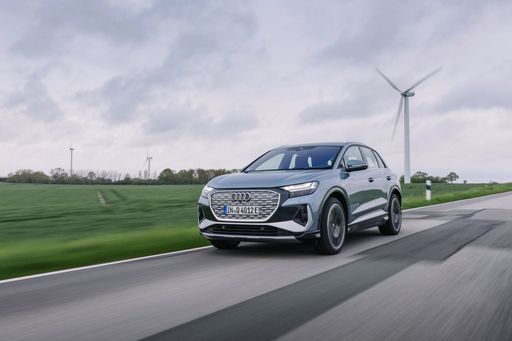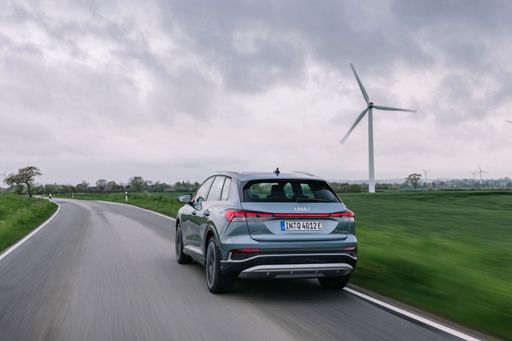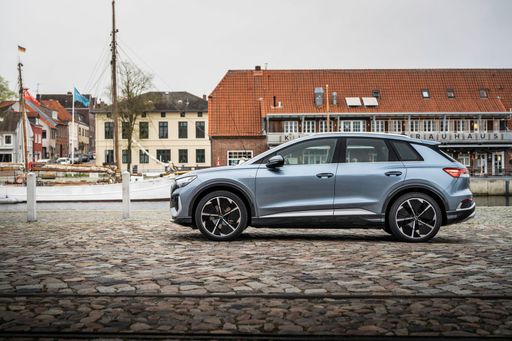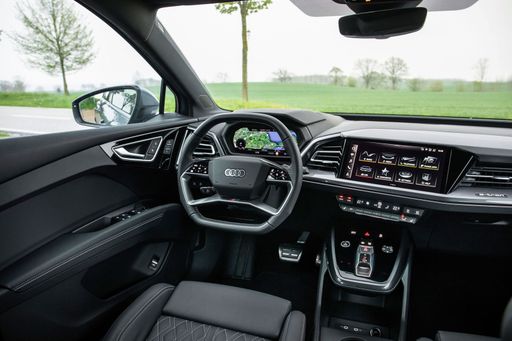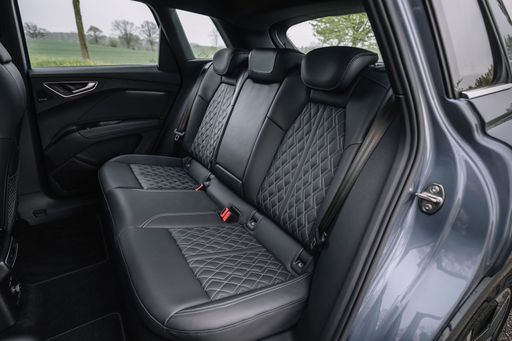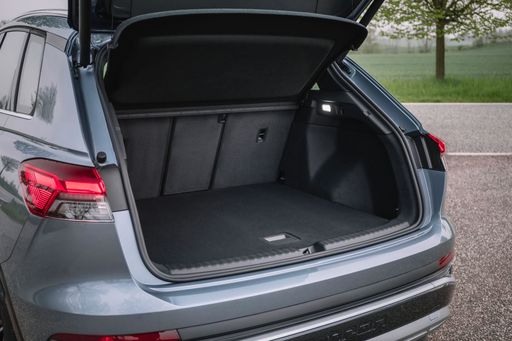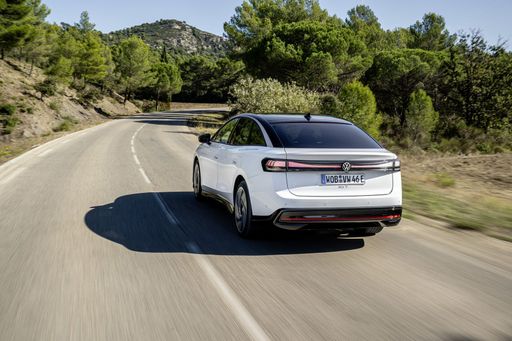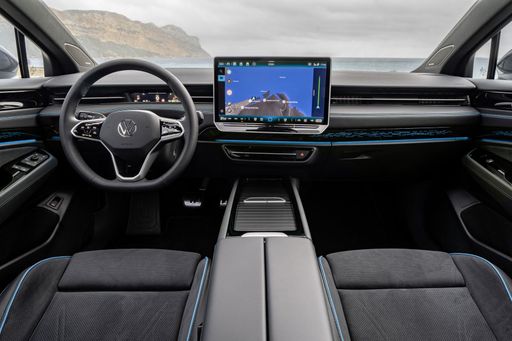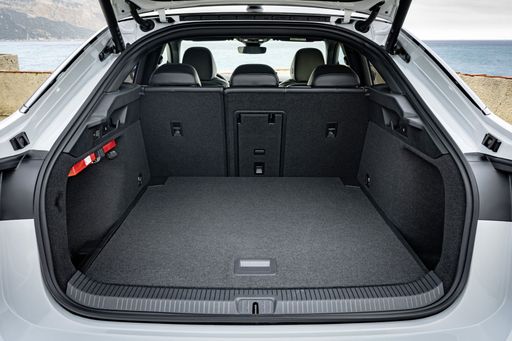Head-to-Head: Audi Q4 e-tron vs VW ID.7
The electric vehicle market is flourishing, and two of the most notable contenders providing innovative technology and stunning design are the Audi Q4 e-tron and the VW ID.7. Both vehicles boast impressive specifications, yet they cater to different preferences and driving needs. In this article, we will compare these two automotive marvels to help you determine which model suits you best.

